*** By BUDGIT
In August 2023, BudgIT itemized 10 plagues that the Tinubu administration had to avoid in the 2024 budget and process to ensure value for money, curb inefficient expenditure and waste, enforce accountability, and put Nigeria on the pathway of prosperity, economic growth, and development. Unfortunately, having reviewed the proposed 2024 budget breakdown, BudgIT observes that the Tinubu administration has continued with some deleterious budget practices from previous regimes that fostered corruption, underdevelopment, unemployment, and multidimensional poverty. Hence, it has put forward its observations for urgent remediatory action by the executive and the National Assembly.
Breakdown of the National Assembly Budgets: Some GOEs and MDAs Missing in the 2024 Proposed Budget
The unwillingness of GOEs and MDAs to submit their budgets to public scrutiny and evaluation prevents the expansion of government revenues and the effective utilization of government expenditure. Withholding serious information on GOEs’ earnings and expenditures erodes the public and the wider global economy’s ability to engage with, understand, and invest in the domestic economy.
For instance, there is no breakdown of the National Assembly, the Niger Delta Development Commission and the North East Development Commission’s budget. For emphasis, the budgets of key revenue-generating government entities—including the Nigeria Ports Authority, Nigeria Customs Service, Nigerian Maritime Administration and Safety Agency (NiMASA), National Petroleum Investment Management Services (NAPIMS), Nigerian Security Printing and Minting Plc (NSPM), to mention a few—are conspicuously missing from the proposed 2024 budget presented to the National Assembly.
While the political class might think divulging information on budgets, revenue, spending, implementation, and debt would amount to too much disclosure of fiscal information, BudgIT thinks the reverse is true. Making such important data public would foster confidence in the system and lead to GOEs becoming more transparent and potentially encouraging accountability.
The breakdown of the proposed 2024 budget sums up to N24.08 trillion, which suggests a difference of N3.42 trillion not accounted for when compared to the N27.5 trillion aggregate budget presented.
BudgIT suspects that the aforementioned difference comprises the aggregate budgets of the Government-Owned Enterprises. To this effect, BudgIT posits that the Government-Owned Enterprises’ proposed revenue and expenditures require disaggregation. Historically, the revenues and expenditures of several Government-Owned Enterprises have been absent from formal budget presentations.
Former President Muhammadu Buhari promised to ensure all MDAs and GOEs budgets are present in the annual appropriation bill and defended and assented to publicly. This was not implemented before the end of his tenure, and the Tinubu administration has carried on with business as usual, which clearly indicates the need for more Government-Owned Enterprises’ budget implementation reports.
Replication of Items in the 2023 Supplementary Budget
The Federal Government made provisions for a cumulative of N8 billion (N4 billion each) in the 2023 supplementary budget for renovating the President’s official quarters in Aso Rock Villa and Dodan Barracks. Surprisingly, an additional N500 million has been allocated to renovate the President’s quarters in Aso Rock Villa, just as N5 billion has been earmarked for renovating the President’s quarters in Dodan Barracks. Similarly, the Vice President’s quarters in Lagos and Abuja, which got a cumulative of N5.5 billion in the 2023 supplementary budget for renovation, got new allocations of N4 billion, N300 million, and N5 billion in the 2024 budget.
Cumulatively, the President and Vice President have a total allocation of N28.3 billion to either renovate or construct their quarters in Lagos and Abuja and another N10 billion to digitize those quarters. For better context, the funds set aside to renovate, construct, and digitalize the official residences of the President and Vice President are more than the capital budget of the Ministry of Solid Minerals Development and the Ministry of Steel Development put together.
Borrowing $7.8 Billion and €100 Million—What Are They Supposed to Finance?
Available information shows that the government’s borrowing is meant to fund the MTEF (Medium Term Expenditure Framework). BudgIT’s estimates put the aforementioned borrowing plan at approximately N6 trillion. Comparatively, the Federal Government has projected a foreign borrowing of N1.77 trillion naira to finance the fiscal deficit of the 2024 budget. Should the government seek approval to borrow to fund budgets (2025 and 2026) that do not yet exist?
In line with the positions in the previous subsection—while it is accepted that Nigeria should be spending more (within context)—the destination of these resources by domestic availability (since they are externally derived) must be clarified and subjected to the highest standards of executive probity.
Legislative oversight and citizens’ participation are critical considerations in the budget process because borrowings will be added to the Federal Government’s balance sheet and affect future budget deficits (the impact of debt and debt service considered)—borrowing ought to be effective, transparent, and efficient.
In addition, and as prescribed, borrowing should be focused on capital expenditure and human capital development. This is because “capital expenditure has a positive and significant impact on economic growth in the short and long run, while recurrent expenditure has no significant impact on economic growth in the short and long run.”
Revenue Projections Are Ambitious, Affecting Total Deficit
Revenue projections have generally been ambitious and often unmet, even in aggregate. The impact of such projections is troubling as budget implementation is principally based on the revenue the government can raise. With net oil revenue falling on average in the last three years, serving as a generally unreliable source of government revenue, the Nigerian government’s focus should be directed beyond customs revenues and value-added taxes. It has been argued that collecting these taxes (still suboptimal in Nigeria) does not demonstrate state capacity and strength. The budget needs revenue projections aligned with fiscal realities, which must be done realistically and pragmatically. Best practice advises revenue projections to be “underestimated, than overestimated.”
“Service-Wide Votes” Surges Upwards with No Accountability
The service-wide vote, established as a contingency fund to address unforeseen circumstances and events, has increased exponentially in recent years from N198.95 billion (2.18% of the budget) in 2018 to N757.19 billion (5.54% of the budget) in 2021 and more recently to N4.41 trillion (16.03% of the budget) in 2024. In addition, the service-wide vote provision contains budget lines that should be captured within MDAs’ budget and vague budget lines that create loopholes for impropriety and/or corruption. For example, the service-wide vote envelope in the 2024 appropriation bill contains N108 billion for “special projects” with the project code “ERGP9213044.” To
worsen the situation, the federal government budget implementation reports often contain no information on how service-wide votes are utilized.
As the National Assembly reviews the budget, it should remember that now, more than ever, the budget cannot be a contract-vending machine that guarantees the prosperity and comfort of the ruling class. The budget, which is the most important government policy instrument, should and must be deployed to stimulate broad-based economic growth, reduce inequality and poverty, address insecurity and Nigeria’s infrastructure gap, and develop human capital.
BUDGIT is a fiscal responsibility NGO


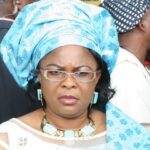


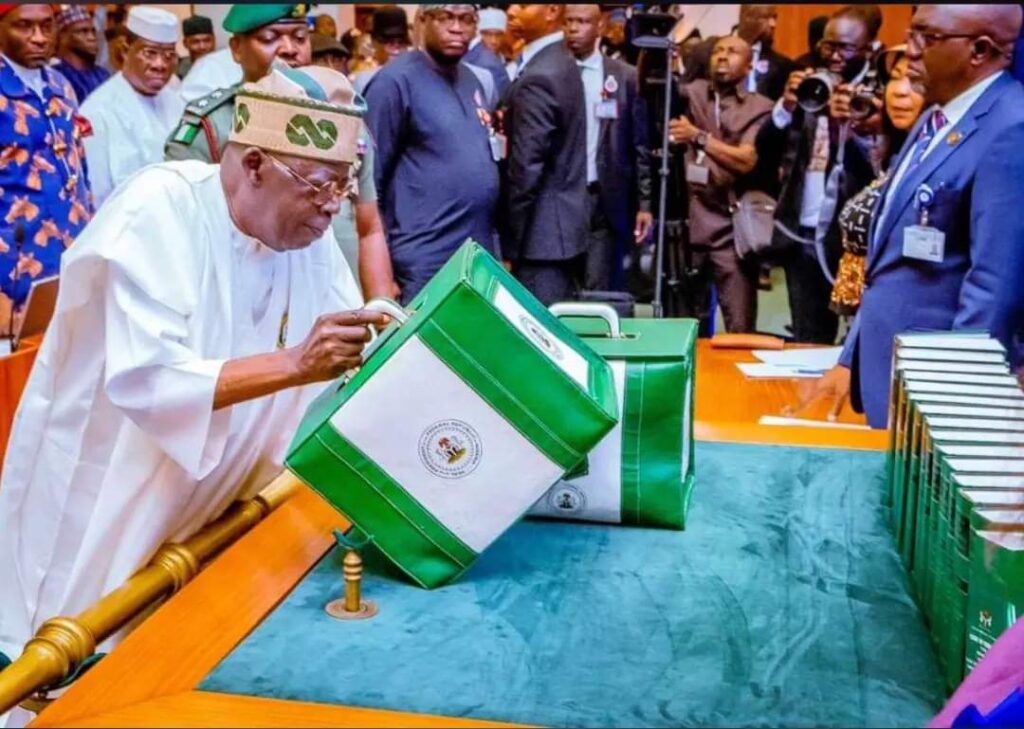
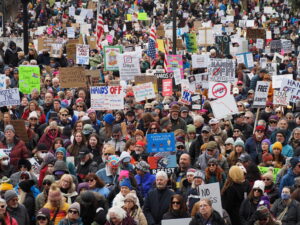
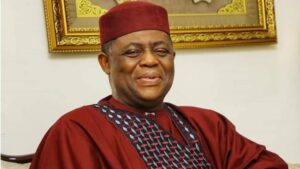
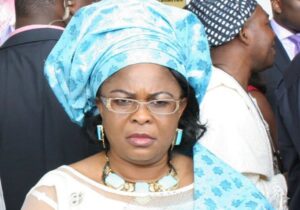
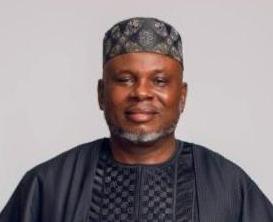
More Stories
Bringing Life to Ajaokuta Steel Company
Reconsidering the cybersecurity levy
Tinubunomics: what’s working, what’s not, why and way forward